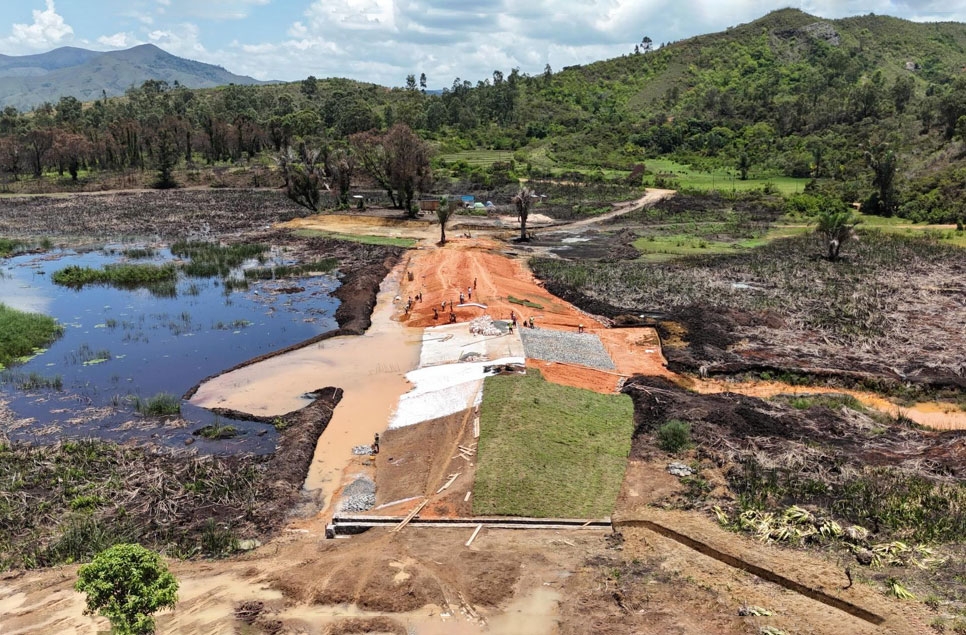On World Wetlands Day APPG for Wetlands hears evidence on the vital role of wetlands in managing flood risk
On World Wetlands Day 2022, a group of MPs and peers met to hear about the critical role wetlands are playing in managing flood risk and how this contribution can be scaled up.
On World Wetlands Day 2022, a group of MPs and peers met to hear about the critical role wetlands are playing in managing flood risk and how this contribution can be scaled up.
Flooding is a significant risk to UK homes and businesses, which is predicted to get worse with climate change. The winter flooding in 2019 to 2020 is estimated to have cost about £333 million. In 2020, there are 5.2 million homes and businesses at risk of flooding and there could be up to 59% more precipitation in winters by 2050.1
Natural flood management (NFM) holds back, stores and slows water flow using natural features, such as ponds, wet woodland, floodplain reconnection, leaky dams and tree and hedgerow planting. This reduces the risk of flooding downstream by reducing surges in water levels.
MPs and Peers heard from two experts on natural flood management: Professor David Gowing, Director of the Floodplain Meadows Partnership and Professor of Botany at the School of Environment, Earth & Ecosystem Sciences at The Open University; and Julie Foley, Director, FCERM (Flood and Coastal Erosion Risk Management) Strategy & National Adaptation at the Environment Agency. They also watched a video explaining the work that WWT is doing to reduce flood risk in Somerset through its Two Valleys project.
David introduced the audience to natural flood management through the lens of floodplain meadows and showcased the multiple benefits they bring. This sets natural flood management apart from traditional engineered solutions, as natural flood management also boosts biodiversity, stores carbon and enhances the natural environment for people to enjoy. David also discussed opportunities, barriers and solutions to upscaling the delivery of multiple benefits, including through the new Environment Land Management Scheme, which if delivered correctly could see natural flood management deployed across the country by farmers and landowners.
Julie told parliamentarians how the Environment Agency is working to scale up delivery of natural flood management and make it a mainstream tool for reducing flood risk, something which has not been the case before now. She also explained how important it is to bring local stakeholders on board, including landowners and the local community, to ensure natural flood management projects benefit communities and are maintained for years to come.
Parliamentarians were interested in how natural flood management might benefit their local communities, as well as reduce flood risk across the whole country. Siobhan Baillie MP, the group’s chair, was particularly interested in the multiple benefits that natural flood management can bring, including to her constituency of Stroud where WWT’s HQ of Slimbridge sits, and how these benefits can leverage additional funding for local projects.
The next meeting of the APPG will take place in early May at WWT London Wetland Centre and will look at the wellbeing benefits of urban wetlands.
1 The Environment Agency National Flood and Coastal Erosion Risk Management Strategy for England



